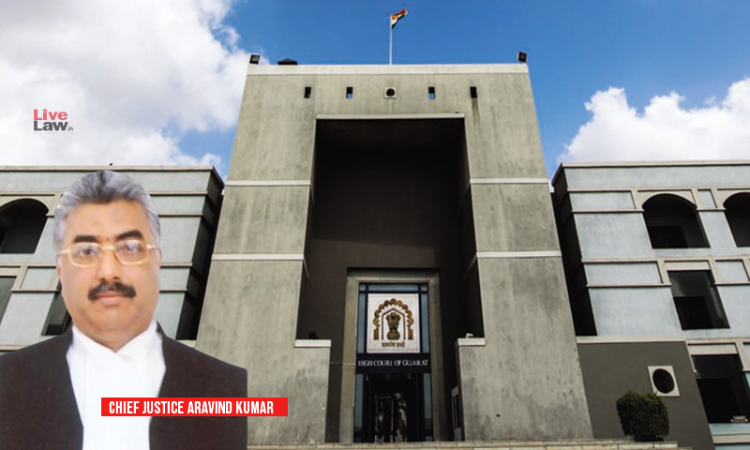Dispute Involving Interpretation Of Policy Guidelines Can Also Be Referred To Arbitrator: Gujarat High Court
Parina Katyal
8 April 2022 8:59 AM IST

Next Story
8 April 2022 8:59 AM IST
The Gujarat High Court has ruled that petition for referring the matter to arbitration cannot be disallowed on the ground that the dispute involves interpretation of policy guidelines. The Single Bench of Chief Justice Aravind Kumar held that whether there is an arbitrable dispute or not and whether the Arbitral Tribunal has jurisdiction to decide the dispute is an issue which can...
